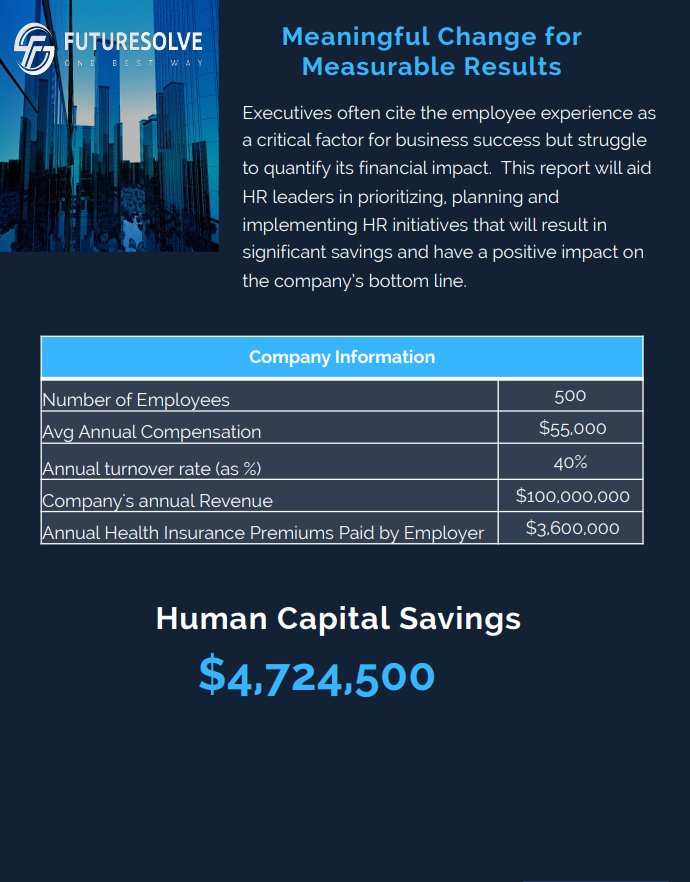Advising and consulting are two distinct terms that are often grouped together while thinking about business improvement and processes. It is not difficult to understand why -both consultants and advisers have knowledge of the respective disciplines. They go ahead with solving problems in quite similar ways. However, there are some critical differences to know about.
What are Advisory Services?
Advisory is regarded as the practice of assisting a client in enhancing the processes and systems over time. Advisers often work with the same organization on a long-term basis. Moreover, advisers might take up leadership roles within the same company. In some cases, organizations can think of advisers in the form of mentors as they are usually quite experienced in the respective industries.
Advisers usually aim at giving clients direction to help them achieve significant goals. Startups or small businesses might find hiring a professional adviser particularly useful to gain relevant advice from an experienced professional while getting help in the creation of a strategy to ensure long-term success.
Advisers tend to specialize in several different industries. Some of the common advisory jobs including business advising, financial advising, and IT advising. Some of the most common responsibilities of advisers will include evaluation of company operations, ensuring market research, monitoring accounts, preparation of reports, and identification of prospective opportunities. Advisers might also work towards designing new strategies while allowing companies implement them.
What are Consulting Services?
Consulting is regarded as the practice of offering a group of individuals or business with relevant expertise or advice on a topic for some payment. In most cases, clients offer a specific problem to a consultant. In this case, the consultants work towards solving the problem. When you hire consultants, it can be beneficial for your business -particularly if they are able to contribute expertise or skills that the business will not have internally. Consultants are also useful for businesses that face specific challenges -like resource management or social media engagement.
Consultants can be available in a wide range of backgrounds. In most cases, consultants are equipped with skills in creativity, problem-solving, communication, and much more such that they are able to offer advice with respect to the projects and other issues of the organization. Most consultants are self-employed. However, they can also work for consulting firms.
Main Differences Between Advisory and Consulting Services
Both consultants and advisers can offer expert advice to businesses. Both of them offer similar skills -including problem-solving, management, and communication. Due to this, people make use of the terms ‘consulting’ and ‘advisory’ interchangeably. Some of the important factors that help in understanding the differences between advisory and consulting services are:
#Types of Projects
Consultants and advisers also specialize in different types of projects. Advisers are known to work on long-term, ongoing projects while predicting problems before they arrive. Due to this, these professionals often impact the long-term success of an organization.
On the other hand, consultants typically work on specific problems or projects while offering specialized expertise to come up with innovative solutions. For instance, your organization can think of hiring an IT consultant to offer assistance as you aim at implementing a new IT system.
Therefore, if your organization is facing a particular problem, hiring an experienced consultant can turn out to be the best choice. However, if you are looking for advice on some overarching goal or a long-term project, then hiring an adviser can turn out to be a viable option for your organization.
#Engagement Length
One major difference between advising and consulting is the total duration of time the professional will be working with the organization. Usually, advisers are known to work with the clients over longer durations of time. On the other hand, consultants work with the respective clients on short-term projects.
As advisers usually work with organizations for extended periods of time, they tend to focus on the long-term strategies and goals of the organization along with high-level issues. However, consultants usually concentrate on short-term projects or particular issues. Eventually, they leave the company once the problem has been resolved.
#Type of Goals
Advisers and consultants differ in the respective goals. A major difference between the existing type of professionals is the manner in which they approach problems. In most cases, advisers aim at defining or spotting problems. On the other hand, consultants aim at creating solutions to specific problems.
Moreover, advisers typically stay with the same organization on a long-term basis while advising on broad problems they come across within the organization over time. Advisers also concentrate more on strategies than consultants because they wish to assist organizations in the creation of long-term plans for maximum success.
On the other hand, the objective of consultants is resolving particular problems or helping companies complete small-scale projects. They usually end their partnership with organizations once they are capable of meeting the respective objectives.
#Work Environment
Consultants and advisers can work for businesses both externally or internally. However, their work of environments often differs. Advisers are known to work collaboratively with organizational employees -prospectively even taking on crucial leadership roles, to come up with strategies while evaluating the organization over time. Due to this, advisers typically ensure an ongoing relationship with the clients.
However, consultants usually work independently. Still, they can also work in the form of employees for leading consulting firms. Consultants meet with organizations frequently over short time periods to come up with relevant solutions to specific problems.
#Organizational Knowledge
Another difference between advisers and consultants is the overall knowledge of organizational structure and relationships with the clients. Usually, when organizations need consulting services, organizations hire professional consultants delivering consulting services for a living. Therefore, the relationship between the consultant and the organization is often relatively professional and formal.
Conclusion
It is important to understand the difference between consulting and advisory services for your organization. Based on your unique requirements, you can hire professional consulting or advisory services.





























